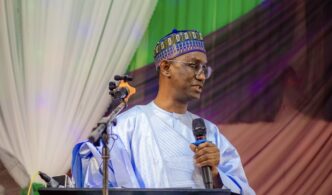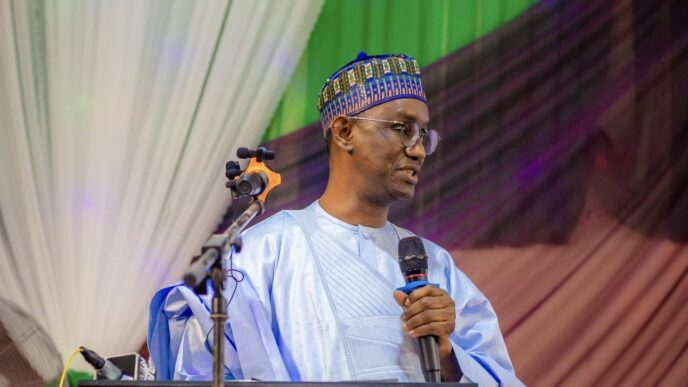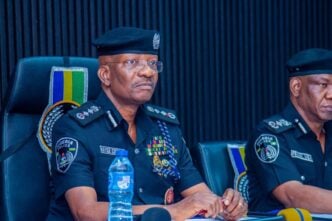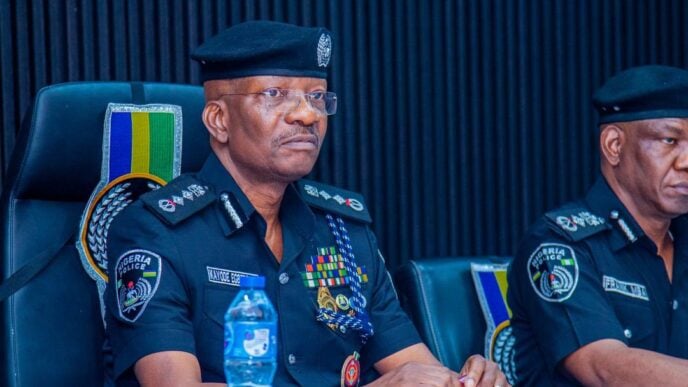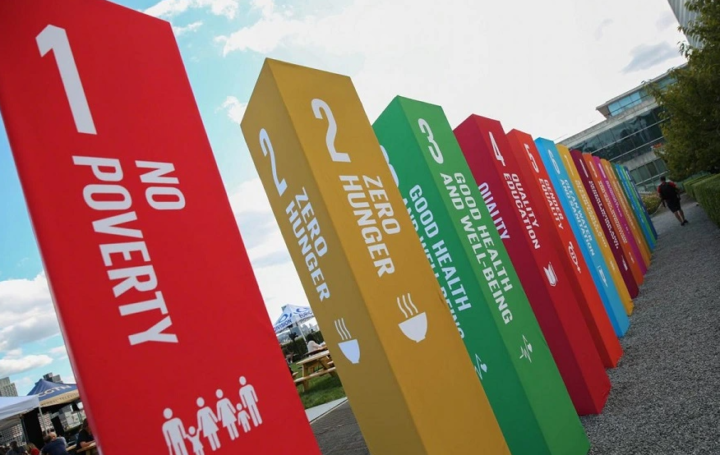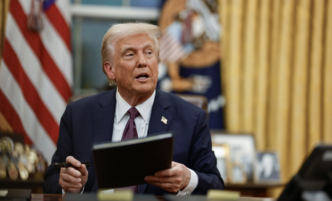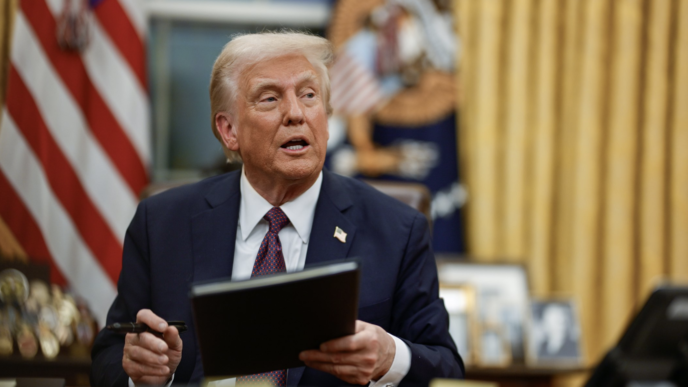Minister of foreign affairs, Yusuf Maitama Tuggar
BY OLUFEMI ADUWO
Diplomacy at its core is the subtle and strategic management of international relations. It demands restraint, measured rhetoric and an appreciation of the intricate dynamics governing interactions between sovereign states. Unlike domestic politics, where populist narratives may resonate with the electorate, foreign affairs require a calibrated approach prioritising dialogue over confrontation.
Recent events, such as the withdrawal of Mali, Niger and Burkina Faso from the Economic Community of West African States (ECOWAS) and Canada’s refusal of entry to certain Nigerian military officers, underscore the need for Nigeria to reassess its diplomatic posture. These developments present an opportunity to reflect on the consequences of rash rhetoric, draw lessons from historical precedents and advocate for a recalibrated diplomatic strategy that preserves Nigeria’s regional leadership while avoiding needless antagonism.
The decision by Mali, Niger and Burkina Faso to withdraw from ECOWAS marks a seismic shift in regional geopolitics, reflecting deep-seated discontent with the bloc’s leadership, particularly Nigeria’s perceived dominance. ECOWAS, initially founded to promote economic integration, has morphed into a body with significant political and security dimensions. However, its response to military takeovers in these countries, coupled with Nigeria’s vocal condemnation of the juntas, has only exacerbated tensions rather than fostering dialogue.
Advertisement
President Bola Ahmed Tinubu’s early denunciation of the coups, aligning Nigeria with France and the United States, proved counterproductive. This rhetorical stance, rather than facilitating a nuanced approach, reinforced perceptions that ECOWAS was serving external powers instead of acting as a neutral mediator for West African stability.
The fundamental question arises, where are France and the United States now in these geopolitical dynamics? Neither the United Nations nor the African Union imposed stringent sanctions on the nations in question, yet ECOWAS, under Nigeria’s leadership, adopted a confrontational stance that fractured the regional bloc. The lesson is clear: Nigeria must exercise discretion and prioritise engagement over punitive measures that would ultimately fail.
A separate but equally instructive episode concerns Canada’s refusal to grant entry to certain Nigerian military officers and the subsequent reaction from Nigeria’s National Security Adviser (NSA), Nuhu Ribadu. His response, which reportedly dismissed Canada’s sovereignty, lacked diplomacy and failed to address the concerns underlying the decision.
Advertisement
Diplomatic engagement requires patience and tact. Instead of resorting to inflammatory rhetoric, Nigeria should have pursued a more structured response, requesting clarification through official channels, lodging a formal protest where necessary and initiating discreet discussions to prevent further deterioration of bilateral relations. Public antagonism weakens Nigeria’s international standing and signals a lack of diplomatic finesse, potentially damaging its global partnerships.
Nigeria’s recent missteps contrast starkly with the adept diplomatic manoeuvres of former President Olusegun Obasanjo in resolving the 2003 coup in São Tomé and Príncipe. When the island nation’s government was overthrown, Nigeria played a pivotal role in brokering a resolution. Crucially, Obasanjo refrained from public condemnation or coercion, opting instead for quiet diplomacy. He leveraged Nigeria’s influence behind the scenes to restore constitutional order without alienating key stakeholders.
This episode remains a benchmark for effective African diplomacy, illustrating that influence is best exercised through strategic dialogue rather than forceful pronouncements. Nigeria must draw from this precedent, recognising that the most effective diplomatic interventions often occur away from the glare of public scrutiny.
A central principle of international relations is sovereignty every state, regardless of size or political structure, possesses the right to self-determination. While Nigeria, as a regional power, has a vested interest in West Africa’s stability, it must be cautious not to adopt an overbearing stance that alienates its neighbours. The path to influence lies not in coercion but in persuasion, fostering relationships built on mutual respect and shared interests.
Advertisement
To this end, Nigeria must embrace an approach that prioritises dialogue over ultimatums. The international arena is not one where power is simply asserted, it is one where influence is carefully cultivated. Nigeria’s diplomatic strategy should be guided by pragmatism rather than emotion, ensuring that it does not isolate itself while asserting leadership.
Nigeria’s recent diplomatic engagements highlight the urgent need for introspection. The withdrawal of Mali, Niger and Burkina Faso from ECOWAS, strained relations with Canada, and the NSA’s undiplomatic rhetoric all underscore the risks of conflating domestic political bravado with international engagement. Nigeria cannot afford to isolate itself within the West African sub-region, nor should diplomacy be approached as a reactive exercise.
Diplomatic influence is not about who speaks the loudest, but who listens the most and negotiates with wisdom. A return to quiet diplomacy, respect for sovereignty, and strategic engagement is essential. Nigeria’s foreign policy must evolve beyond knee-jerk reactions, embracing a more calculated, measured approach that ensures the country remains a respected leader in Africa and on the global stage.
Olufemi Aduwo is the permanent representative of CCDI to the United Nations. He can be contacted via [email protected]
Advertisement
Views expressed by contributors are strictly personal and not of TheCable.
Add a comment

